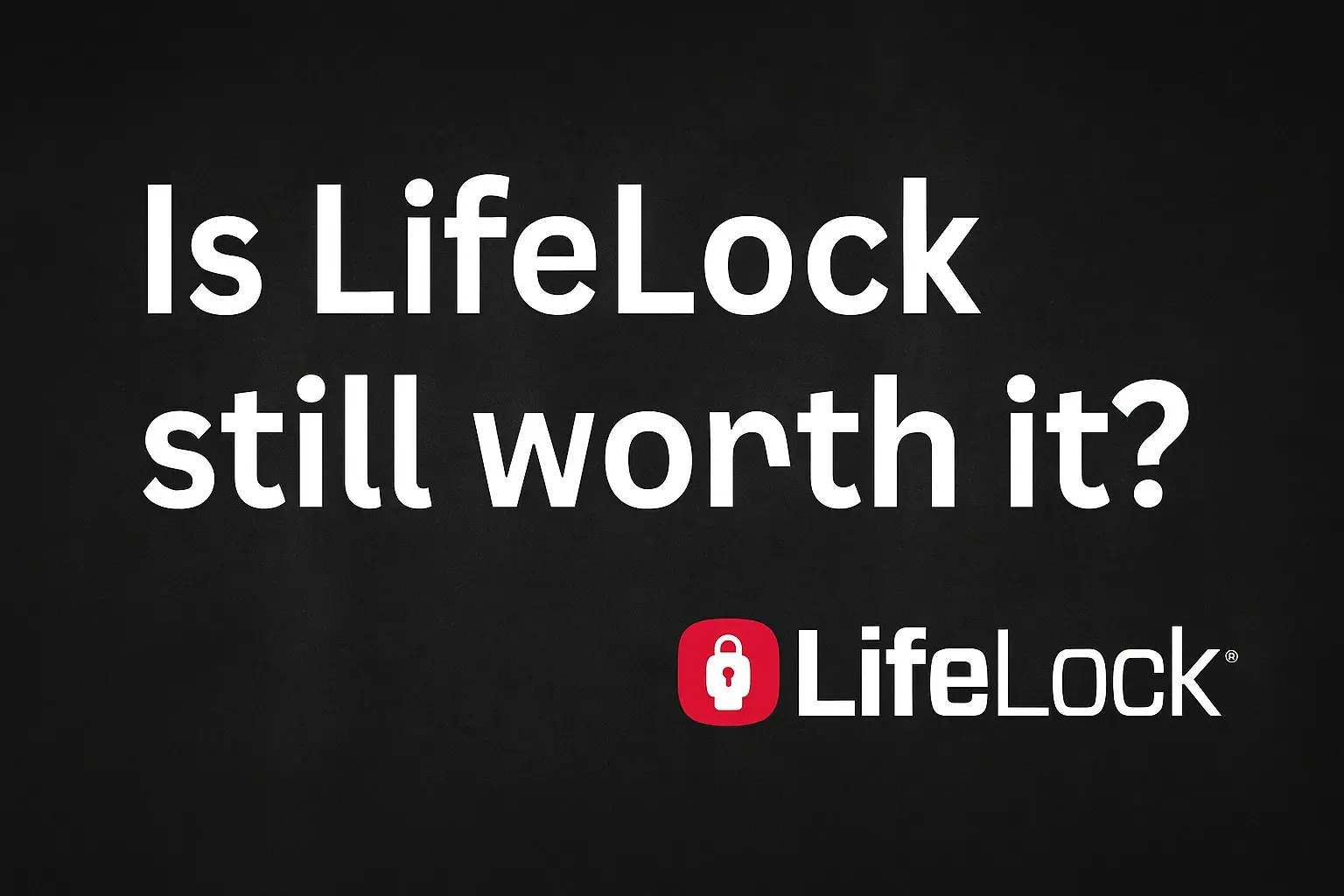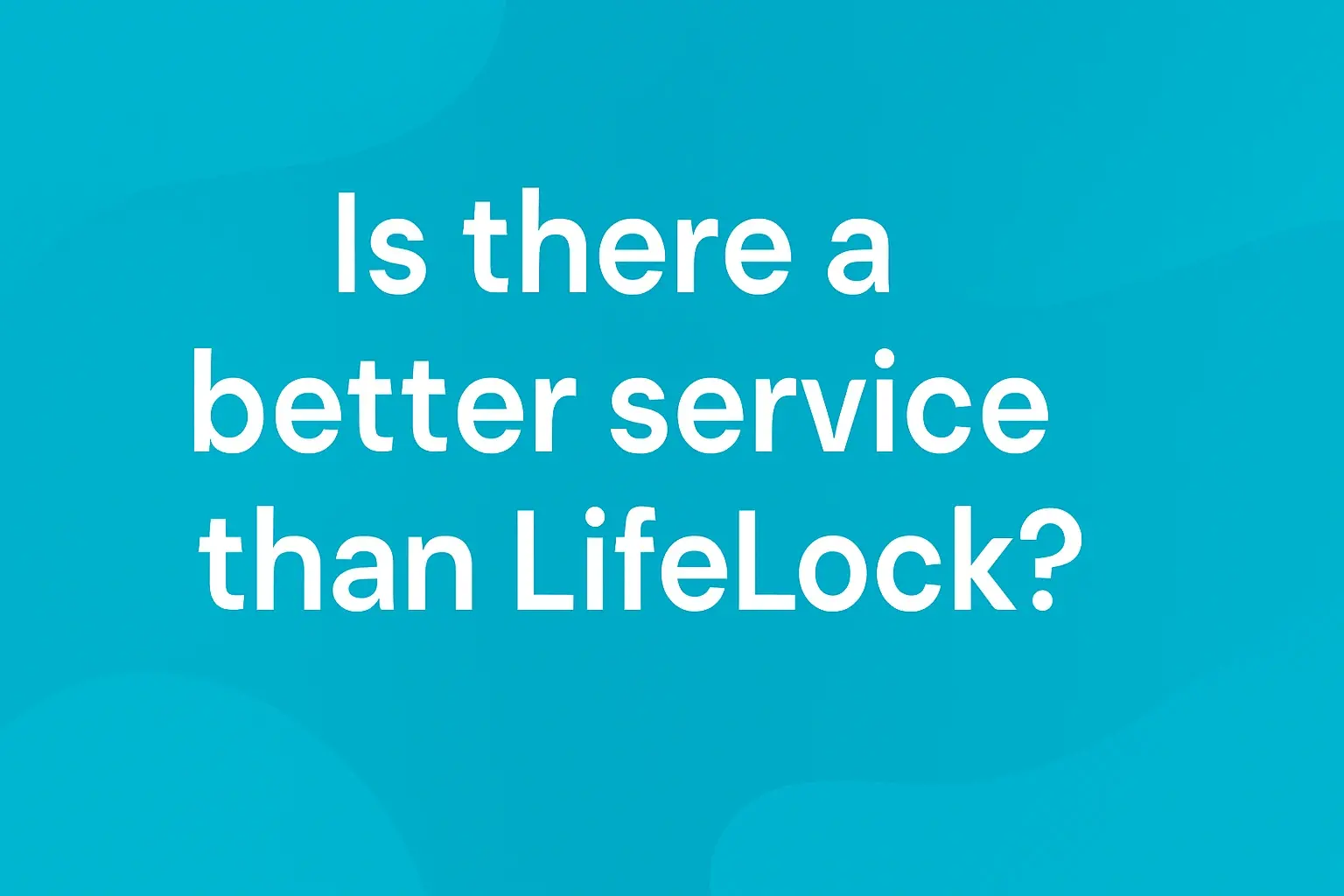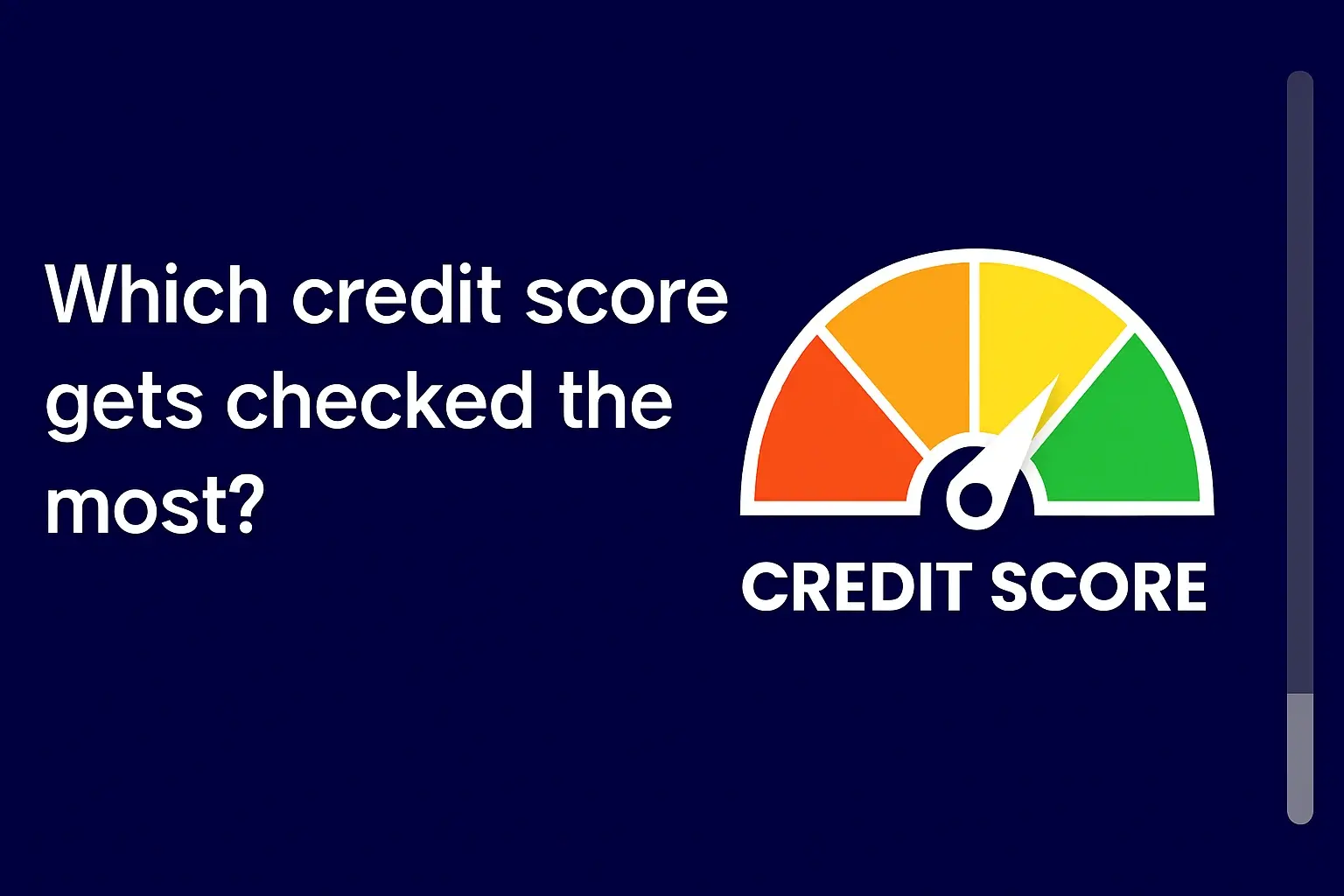The age-old question: Can money buy happiness? While the simple answer is no, the reality is far more nuanced. Money, or rather, a comfortable level of financial security, undoubtedly plays a significant role in overall well-being, particularly in a country like the United States where cost of living can vary dramatically. This article explores the complex relationship between income, happiness, and the multitude of factors that contribute to a fulfilling life in the US.
The Initial Connection: Income and Basic Needs
At its core, money provides access to basic necessities. Without adequate income, individuals struggle to secure housing, food, healthcare, and education – all fundamental components of a stable and healthy life. Poverty and financial insecurity are consistently linked to increased stress, anxiety, and depression. Therefore, reaching a certain income threshold that covers essential needs is a crucial first step towards happiness.
Studies have shown a positive correlation between income and happiness up to a certain point. This suggests that as income increases from very low levels, individuals experience a significant boost in life satisfaction. This is largely due to the relief from the constant worry of meeting basic needs and the ability to handle unexpected expenses without falling into financial hardship.
The Plateau: Diminishing Returns of More Money
However, the relationship isn't linear. Research indicates that the happiness derived from money eventually plateaus. Once individuals reach a certain income level that comfortably covers their basic needs and allows for some discretionary spending, additional income yields diminishing returns in terms of happiness. The exact income level at which this plateau occurs is a subject of ongoing debate and varies depending on factors such as location, lifestyle, and personal values.
One widely cited study by Purdue University, published in Nature Human Behaviour, suggests that an ideal income point for life evaluation (overall life satisfaction) is around $95,000 per year for an individual. For emotional well-being (day-to-day happiness), the study found that the ideal income point is closer to $60,000 to $75,000 per year. It's crucial to note that these figures are averages and can fluctuate significantly based on individual circumstances.
Cost of Living: Location, Location, Location
The cost of living in the United States varies drastically from state to state and even within different cities within the same state. An income of $75,000 might provide a comfortable life in a rural area with low housing costs, while the same income might barely cover rent and basic necessities in a major metropolitan area like New York City or San Francisco.
Consider these examples:
- High Cost of Living Areas: Cities like San Francisco, New York City, Boston, and Los Angeles have incredibly high housing costs, transportation expenses, and overall living expenses. A higher income is required to maintain a reasonable quality of life in these areas.
- Moderate Cost of Living Areas: Cities like Dallas, Houston, Atlanta, and Chicago offer a more balanced cost of living, with relatively lower housing costs compared to the coastal cities.
- Low Cost of Living Areas: States in the Midwest and South, such as Mississippi, Alabama, Oklahoma, and Arkansas, often have lower housing costs, lower taxes, and lower overall living expenses.
Calculating Your Personal Cost of Living
To determine how much money you need to be happy in the US, it's essential to assess your personal cost of living. This involves carefully considering your:
- Housing Costs: Rent or mortgage payments, property taxes, homeowners insurance.
- Transportation Costs: Car payments, insurance, gas, public transportation fares.
- Food Costs: Groceries, eating out.
- Healthcare Costs: Health insurance premiums, co-pays, out-of-pocket expenses.
- Utilities: Electricity, gas, water, internet, phone.
- Debt Payments: Student loans, credit card debt, personal loans.
- Other Expenses: Childcare, entertainment, clothing, personal care items.
- Savings and Investments: Allocations for retirement, emergency funds, and other financial goals.
Numerous online calculators and budgeting tools can help you track your spending and estimate your cost of living in different locations. Sites like Numbeo, Zillow (for housing costs), and the MIT Living Wage Calculator are valuable resources.
Beyond Money: The Importance of Non-Financial Factors
While financial security is undoubtedly important, it's crucial to recognize that happiness is multifaceted and influenced by a wide range of non-financial factors. These factors can often have a more significant impact on overall well-being than simply having more money.
Strong Social Connections
Research consistently demonstrates that strong social connections are a key ingredient for happiness. Meaningful relationships with family, friends, and romantic partners provide emotional support, a sense of belonging, and opportunities for shared experiences. Individuals with strong social networks tend to be happier, healthier, and live longer.
Purpose and Meaning
Having a sense of purpose and meaning in life is another crucial element of well-being. This could involve finding fulfillment in your work, volunteering your time to a cause you care about, pursuing a creative hobby, or simply making a positive impact on the lives of others. When individuals feel that their lives have meaning, they are more resilient in the face of challenges and experience a greater sense of overall satisfaction.
Physical and Mental Health
Good physical and mental health are fundamental to happiness. Prioritizing regular exercise, a healthy diet, and adequate sleep can significantly improve mood, energy levels, and overall well-being. Similarly, addressing mental health concerns through therapy, mindfulness practices, or other interventions is essential for maintaining a positive outlook and coping with stress.
Gratitude and Mindfulness
Practicing gratitude and mindfulness can also enhance happiness. Taking time to appreciate the positive aspects of your life, no matter how small, can shift your perspective and foster a sense of contentment. Mindfulness practices, such as meditation or yoga, can help you become more aware of your thoughts and feelings, reducing stress and promoting emotional regulation.
Autonomy and Freedom
Having a sense of autonomy and freedom over your life is another important factor in happiness. This involves having control over your time, your choices, and your overall direction. Financial security can contribute to autonomy by providing you with the freedom to pursue your passions, take risks, and make decisions that align with your values. However, it's also important to cultivate autonomy in other areas of your life, such as your relationships and your career.
Redefining Happiness: Focusing on Experiences Over Material Possessions
Modern consumer culture often equates happiness with material possessions. However, research suggests that investing in experiences, rather than material goods, tends to lead to greater and more lasting happiness. Experiences, such as traveling, attending concerts, or learning a new skill, create lasting memories and provide opportunities for personal growth and connection with others.
Instead of focusing solely on accumulating wealth, consider prioritizing experiences that bring you joy and fulfillment. This could involve setting aside a portion of your income for travel, hobbies, or activities that you enjoy. It could also involve simply spending more time with loved ones and creating shared memories.
Mindful Spending: Aligning Your Finances with Your Values
Mindful spending involves aligning your financial decisions with your values and priorities. Instead of impulsively buying things that you don't need, take the time to consider whether a purchase will truly enhance your happiness and well-being. Ask yourself if the purchase aligns with your long-term goals and values, and whether it will contribute to a more fulfilling life.
By being more mindful of your spending habits, you can avoid wasting money on things that don't truly matter and instead allocate your resources to things that bring you genuine joy and satisfaction.
The Bottom Line: Finding Your Personal Happiness Equation
Ultimately, there's no magic number for how much money you need to be happy in the US. The ideal income level varies depending on your individual circumstances, your location, your lifestyle, and your personal values. It's more important to focus on creating a balanced and fulfilling life that encompasses both financial security and non-financial factors such as strong social connections, purpose, health, and gratitude.
Instead of chasing an arbitrary income target, take the time to reflect on what truly matters to you and align your financial decisions with your values. By prioritizing experiences, cultivating meaningful relationships, and focusing on your overall well-being, you can create a life that is rich in happiness, regardless of your income level.












